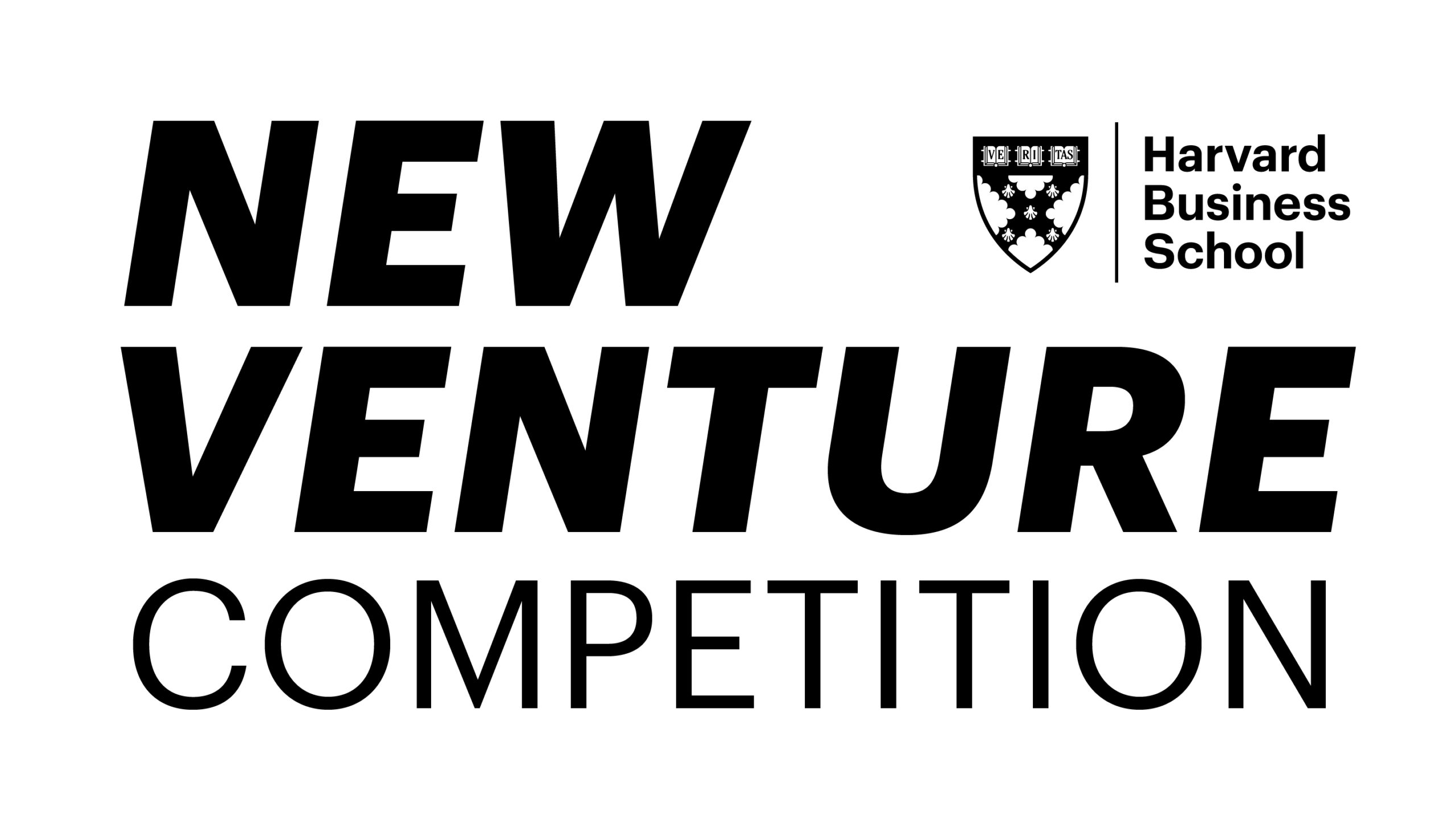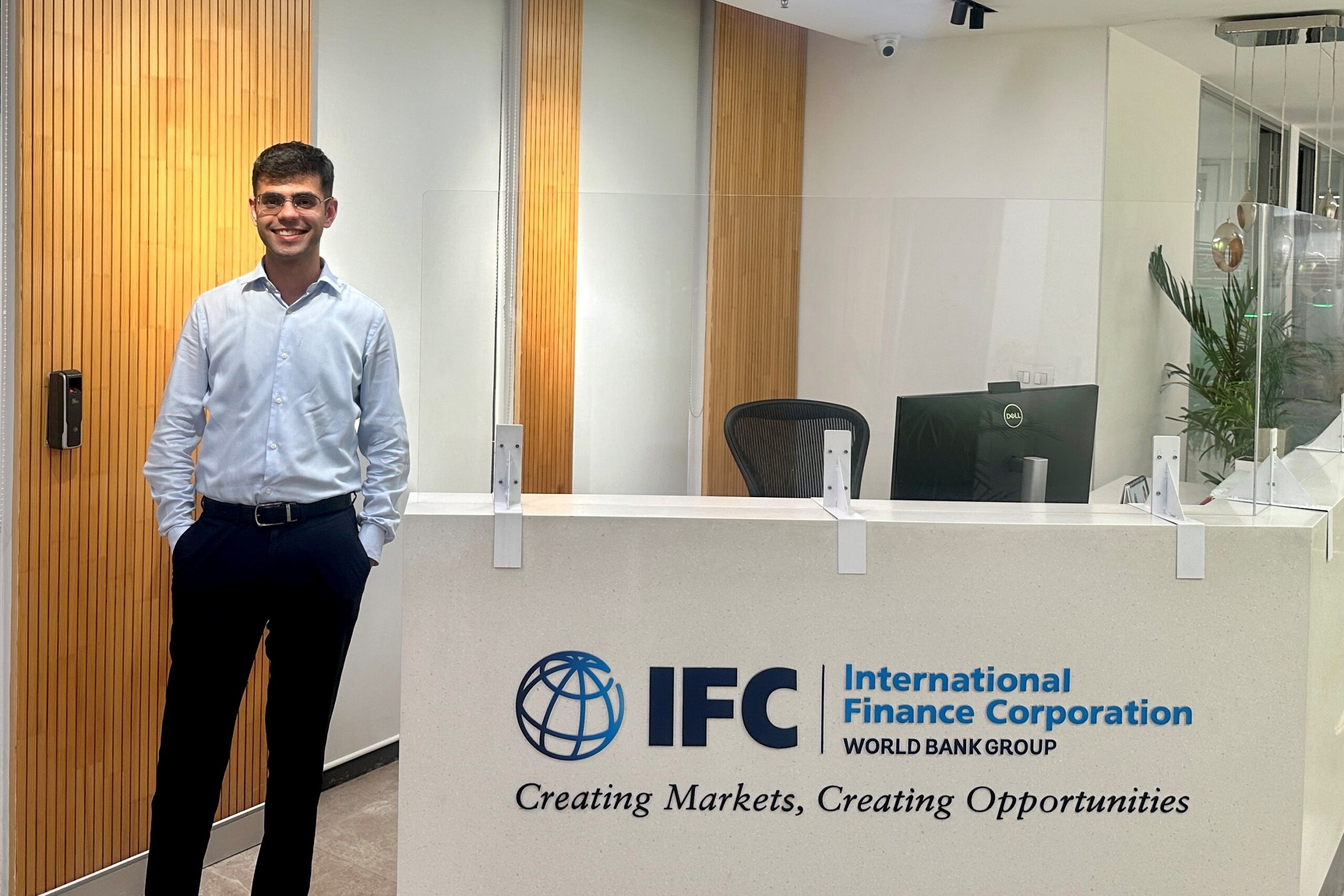

The HBS Summer Fellows Program enables students to apply their classroom training as they explore career opportunities in roles or regions where compensation is generally lower than the traditional MBA level. This summer, we are connecting with some of our 70 Social Enterprise Summer Fellows, who are working around the world to develop skills and knowledge while having significant responsibility and high impact.
What are you working on this summer?
This summer, I am interning with the International Finance Corporation (IFC) in New Delhi, focusing on building a South-South investment pipeline, particularly from India to Africa. My main activities include sourcing cross-border debt and equity investment opportunities from India to Africa that align with IFC’s strategic priorities of climate action, gender equality, and sustainable development. I am also exploring innovative blended finance models to reduce project-level risk and enable development outcomes. This involves convening industry and government stakeholders, as well as internal IFC teams, to enhance inter-regional cooperation and cross-border investments.
Why did you choose this internship for the summer?
I wanted to work with a multilateral development bank (MDB) this summer. Capital allocators play a decisive role in shaping development outcomes. Having worked in climate and impact investing earlier (in investment-adjacent roles), I recognized the need for MDBs to play a bigger role in unlocking global flows of impact-oriented capital. IFC finances large-scale infrastructure, manufacturing, and financial deals and collaborates with high-level stakeholders, including governments, financial institutions, and industry leaders.
This role offered a chance to contribute to IFC’s strategy in a vital new program while developing my skills and working with key decision-makers. South-South collaboration, for example in climate finance, is critical. I am convinced India can demonstrate leadership in this area as a trusted partner for other developing economies. With India and Africa both on the cusp of significant growth this century, there are opportunities for shared learnings, knowledge transfers, and economic cooperation.
What are your goals for this summer?
At IFC, one of my goals is to deepen my understanding of financial products and transaction structuring in under-invested regions, and link them to development outcomes. I also wanted to understand how a large multilateral agency operates, monitors impact, manages risks, and mobilizes diverse stakeholders around a common program. Finally, I hope to contribute to developing a long-term strategy and market outlook for South-South economic cooperation and gain a fuller picture of the bilateral economic relationship between India and Africa.
How has your MBA skillset prepared you to be successful in this role?
My MBA coursework in finance has been invaluable in developing a functional understanding of financial instruments and analyzing capital structures, complementing my general management and strategy experience from pre-MBA roles. The Business, Government, and International Economy (BGIE) course fueled my curiosity about development trajectories, international finance, and the role of institutions. As a joint degree student at Harvard Kennedy School, I took courses on infrastructure regulation and finance aligned closely with IFC’s work. Additionally, engaging with the climate-focused community at HBS and HKS kept me updated on decarbonization trends, making me familiar with IFC’s growing portfolio in this space.
How has the summer influenced your thinking on future involvement in social enterprise?
My summer at IFC has reinforced my belief in the necessity of collaboration between the private and public sectors. In the context of meeting our global climate and sustainable development goals, it is true that “it takes a village” – mobilizing capital from where it currently is to where it’s needed most requires working with policymakers, businesses, and investors. We need to bring together capital allocators with varying risk-return profiles to offer flexible and contextualized financing structures for critical projects. I am more convinced than ever of the need for greater cooperation between Global South economies to drive shared progress, and the significant role India can play.
How can someone learn more about your organization?
You can learn more about IFC and its initiatives by visiting their website, particularly their work in South Asia, or following their LinkedIn.